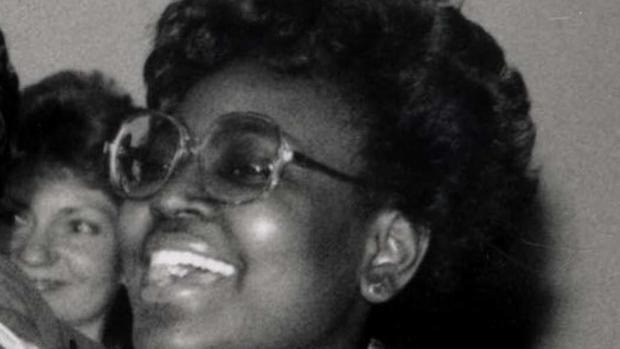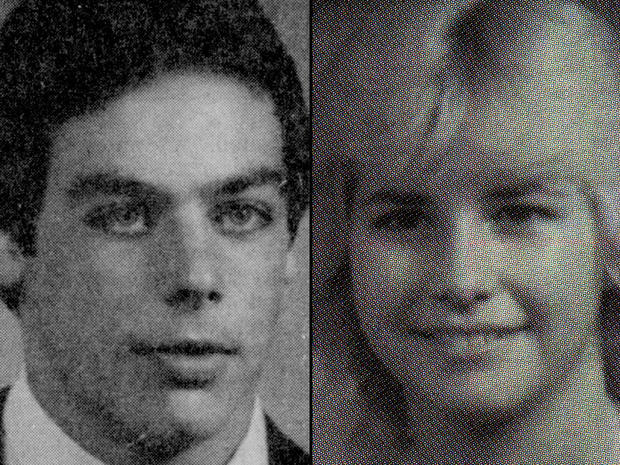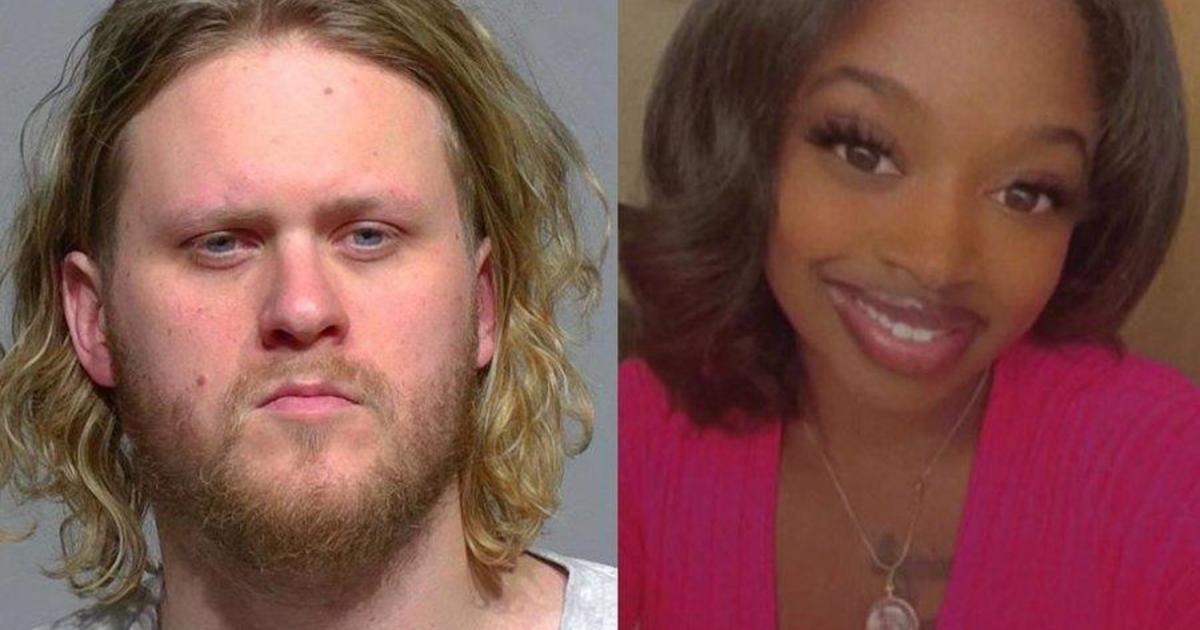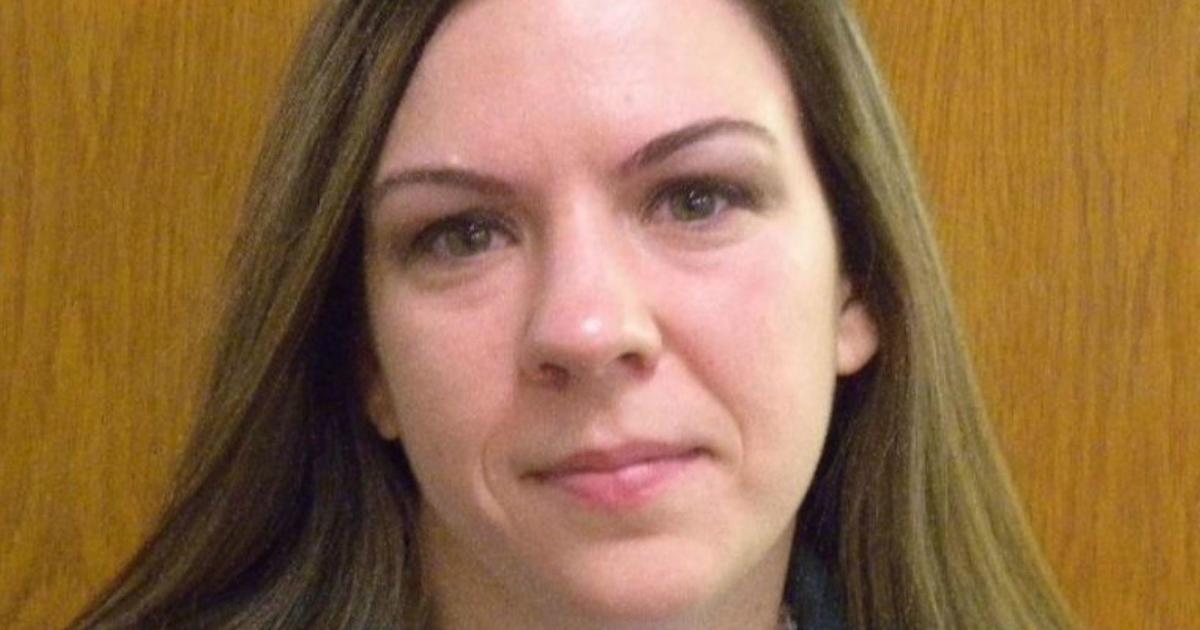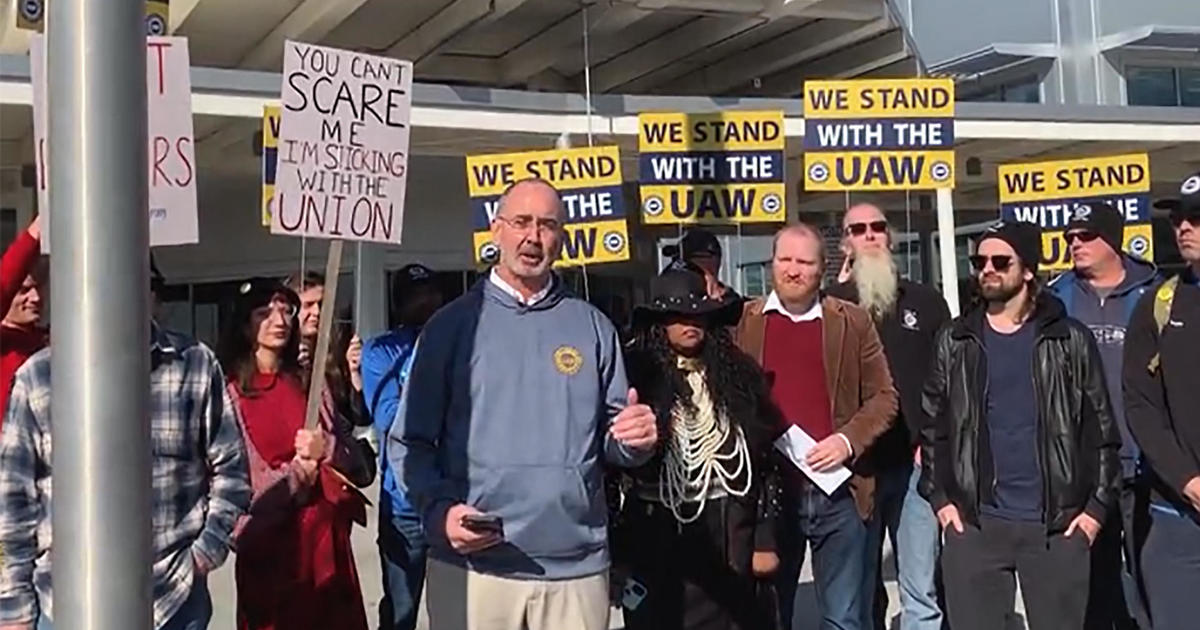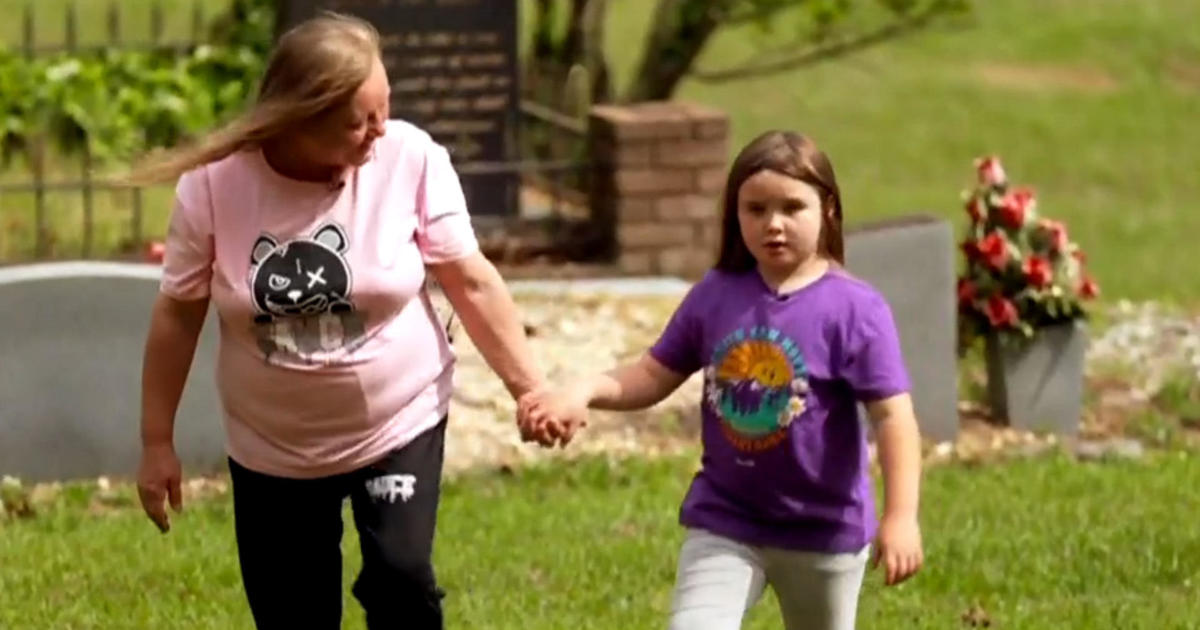How a murderer's heart saved a woman's life
When the two-time Pulitzer Prize winning Washington Post columnist Gene Weingarten felt he was becoming complacent, he decided to write a book. He wanted to challenge his long-believed theory that there is no such thing as an "ordinary" day.
"If you take a day, midnight to midnight," Weingarten told CBS News chief investigative and senior national correspondent Jim Axelrod, "if you were able to dig deep enough … you would find encapsulated in that day the entire human experience: drama, comedy and irony."
To test this hypothesis Weingarten picked a date at random — December 28, 1986— and then started digging. One of the first stories he found involved Dr. Ed Lefrak, then chief of cardiac surgery at Fairfax Hospital in Virginia. This pioneering doctor fought tirelessly to get his hospital to be the first in the Washington, D.C. area certified to perform heart transplants, which were uncommon in the mid-1980s. He taught himself the procedure working on cadavers in the morgue, the only way at the time to learn how.
By December of 1986, he was finally ready to do it for real. That is when he met a 20-year-old nursing student named Eva Baisey. She was suffering from heart failure, and was going to die without a transplant. Doctor and patient were prepared to make history, but the big question was when — and, more importantly, if — a suitable donor heart would become available.
"Eva was dying," says Weingarten of Baisey in December of 1986. "She was getting sicker and sicker."
After weeks of waiting, a heart finally did arrive and in the early morning hours of December 28, 1986 Dr. Lefrak began the D.C.area's first heart transplant surgery on Eva Baisey. The medical team did not know much about it at the time, but the donor heart was related to a terrible tragedy — the murder of 19-year-old Karen Ermert at the hands of her estranged boyfriend Mark Willey.
Weingarten would learn that Willey had been abusive to Ermert during the years that they dated. He sent her to the hospital on at least one occasion when she did not do exactly what he wanted, when he wanted it.
"He was sick … he wanted to own her," says Weingarten.
In December of 1986, Ermert finally decided to end the relationship with Willey, but he was unable to accept that it was really over. Around 2 a.m. on December 27, he confronted Ermert at her apartment, resulting in a bitter fight that ended with Willey shooting and killing her. The bloodshed did not end there. When police arrived at the scene, Willey shot himself in the head. Mark Willey was declared brain dead, but his heart was still beating.
"The bullet passed through both hemispheres of the brain," says Weingarten, "and somehow when that happens, often but not always, the heart keeps beating." Soon afterwards, Mark Willey's parents agreed to donate their son's still-beating heart.
It was a complicated miracle for Weingarten to interpret so many years later.
"In the perfect narrative, Karen Ermert's heart would've been the one that saved Eva Baisey, but that's not how it happened," he says. "It was the killer's heart that saved Eva Baisey."
Eva Baisey's operation was a success, and today she is one of the longest-living heart transplant recipients in medical history. This story of how a killer's heart saved a dying woman's life is reported by Jim Axelrod for "48 Hours" in "Broken Hearts," airing Saturday, December 26 at 9/8c on CBS. It's one of a number of extraordinary things that happened on December 28, 1986, recounted in Gene Weingarten's book, "One Day."
